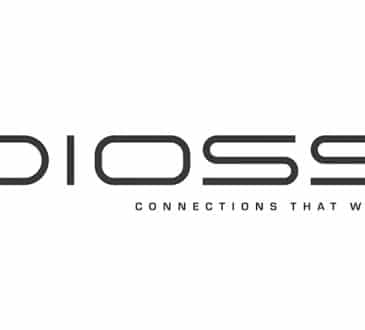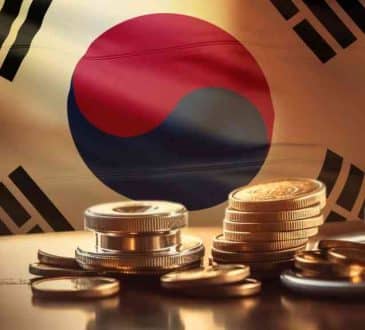Managing the winter of discontent – an essential guide for CEOs

Everyone is having a hard time these days. The fourth, very contagious wave of the pandemic is the proof that, despite expectations, it will take some time until life goes back to normal. The optimism associated with the discovery of the COVID-19 vaccine and the vaccine rollout is unfortunately behind us, as we have to deal again with fear, uncertainty and the multidimensional consequences of the pandemic.
The deterioration of the health situation will very likely affect the economic recovery. New restrictions will make some think twice before starting a new business or investing in their billion-dollar idea. Moreover, the cohesion of our societies will be tested again and again and, as it usually happens when things go south, the need to assign blame and find the next villain will structure the behavior of many.
Although I say it with regret, it is very likely that businesses in general and those that do not get a good reading of the public mood, in particular, will be under huge pressure during this coming winter of discontent. With the return of the pandemic and restrictions, with generalized angst, with rising prices and a wobbly economy, CEOs will have to counter the public’s propensity for identifying scapegoats and will have to come up with the best strategy that will generate allies, not detractors. Here are some quick points that the CEOs could integrate into their winning approach.
First, do not take advantage of this crisis to artificially increase profits. In the current challenging environment, this is the business equivalent of the medical saying “first, do no harm”. Those who ignore this basic lesson are doing it at their own risk. Nothing is more damaging for one’s brand (and revenues) than being seen as out-of-touch, disconnected from the reality in which so, so many continue to suffer.
Second, build rapport, build trust with the public. Although this is far from simple, the natural way to do it is by creating the context for the public to identify, at least partly, with the business. Here, it makes a lot of sense to communicate the way in which the crisis has affected the business. In the end, few are spared from rising energy prices or the disruption of the global supply chains.
Third, refrain from immediately transferring rising operation costs into final prices, especially if one operates in a B2C environment. Yes, this could mean that the profits could take a blow in the short-term, but showing and communicating generosity will most likely generate a similar reaction from the consumers.
Fourth, this is a period not only to be generous, but also to innovate in the service of the greater good. We are at a time when the role of the state has tremendously increased, yet the public sector is really hindered in its ability to act and adapt by its very nature. So, this is the moment for businesses to step up and provide solutions to be implemented by governments. Rather than waiting for consequential measures to be put in place and complaining about how they misread the situation, it is better to be proactive, to be involved from the get go, and to think hard about those measures that will make everyone (i.e., the government, the clients/consumers, and the business sector) better off.
——-
Written by Radu Magdin.
Add CEOWORLD magazine to your Google News feed.
Follow CEOWORLD magazine headlines on: Google News, LinkedIn, Twitter, and Facebook.
Copyright 2024 The CEOWORLD magazine. All rights reserved. This material (and any extract from it) must not be copied, redistributed or placed on any website, without CEOWORLD magazine' prior written consent. For media queries, please contact: info@ceoworld.biz








